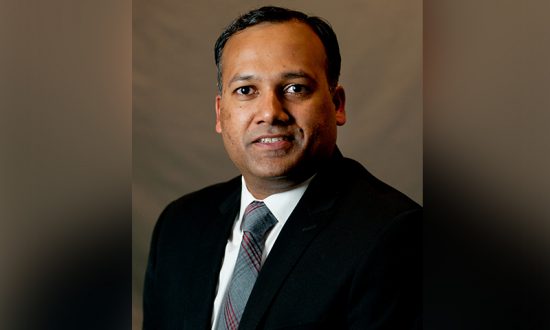Responsible for the launch and oversight of Judge India, a key component of Judge’s global delivery strategy, Abhishek Agarwal is an MBA from ENPC, Paris, France and a Bachelor of Engineering from Marathawada University, India. During the past 20-year in the corporate world, he made splendid effort building delivery centres across the Americas, Europe, India, and APAC. Before joining The Judge Group, Abhishek was serving L&T Infotech as Head of Global Talent Acquisition/Sourcing (IT). He has also held global talent acquisition and delivery leadership roles for several other technology solutions, consulting and services companies, where he led many large teams in both physical and virtual environments. Besides leading The Judge Group’s global delivery mission in India, Abhishek is also an active member of various professional organizations in the US. He is a well-known speaker at various industry forums for global recruitment, talent acquisition, operations and workforce planning. He is a proven leader with a track record of success in setting up global delivery strategies and international offices.
The fulcrum in HR has been moving on for years and will naturally resume. However, things took a new turn when the Global pandemic came to the fore. The HR professionals all over the world have to go on an overdrive to maintain the balance. The role of HR has evolved from just being an administrative role to Strategic Partner, and is being driven by data, technology, and new interaction models.
Technology: Few latest technologies including AI, Blockchain, Machine Language etc are being applied for managing people. Thus, assignments like talent acquisition, employee engagement and planning & strategy become easy. Big Data helps HR professionals to gain deep insight and allows them to make informed decisions. Advanced Machine Learning is also making inroads in the HR domain, and it helps in predictive analysis in the recruitment process. Then we have the Internet of Things (IoT) platforms that will make more data available and accessible, which is ensuring that part of HR will be able to focus on business performance. The latest trend is that the HR managers are transitioning to being strategic data managers. The technological disruption is freeing the HR department of the mundane work and focus more on increasing productivity and aligning the human side of the organization with business goals.
Remote working: Most of the companies have started an association with freelancers and contract workers for the key assignments. Assuring the gig talent is added in the broader workforce strategy, and it motivates leaders to align talent strategy to business strategy as the traditional workforce is evolving.
Emerging business models: Who would have thought ordering food would become a matter of a click and cabs would be available at one’s doorstep? But all of this is a reality now. Breaking the old traditional systems, business models are rapidly evolving and giving birth to new innovative concepts. What will then help organizations stand out from each other and stay ahead of the curve? ‘Capabilities’ and most essentially people capabilities. HR in the age of disruptions hence has to ensure that their company has the talent and the skills that help them take this next leap. They also have to take care that the current talent gets trained in the right direction and gains access to learning the most relevant skills.
Digital mindset: To support the company and its employees through digital tools, the HR department of the organization must be comfortable working with the latest technologies. Professionals have to get comfortable with the new technologies, and an HR professional must invest in their growth, learning and development.
Business mindset: HR professionals have to speak the language of business and familiarize themselves with the entire ecosystem they operate in. Even when hiring HR leaders, organizations often prefer to employ talent with a background in their core business or technology. HR professionals should equip themselves with knowledge of the business to understand the talent requirements more effectively.
Future Focused: Besides being adaptable, flexible and agile to the ongoing changes, HR has to prepare for the innovations that are yet to occur and the development that might define the future of work; this is where a strong knowledge of current trends and the potential they come with will come in handy.
The journey for HR to pace up with the age of disruption starts from knowing the employees, the business, the environment the business operates in, applying analytics and data science, and then framing relevant strategies which will be then be executed using new-age technologies as per the requirement of a business. Thus, in the age of disruptions, the first thing HR needs to disrupt is themselves.






